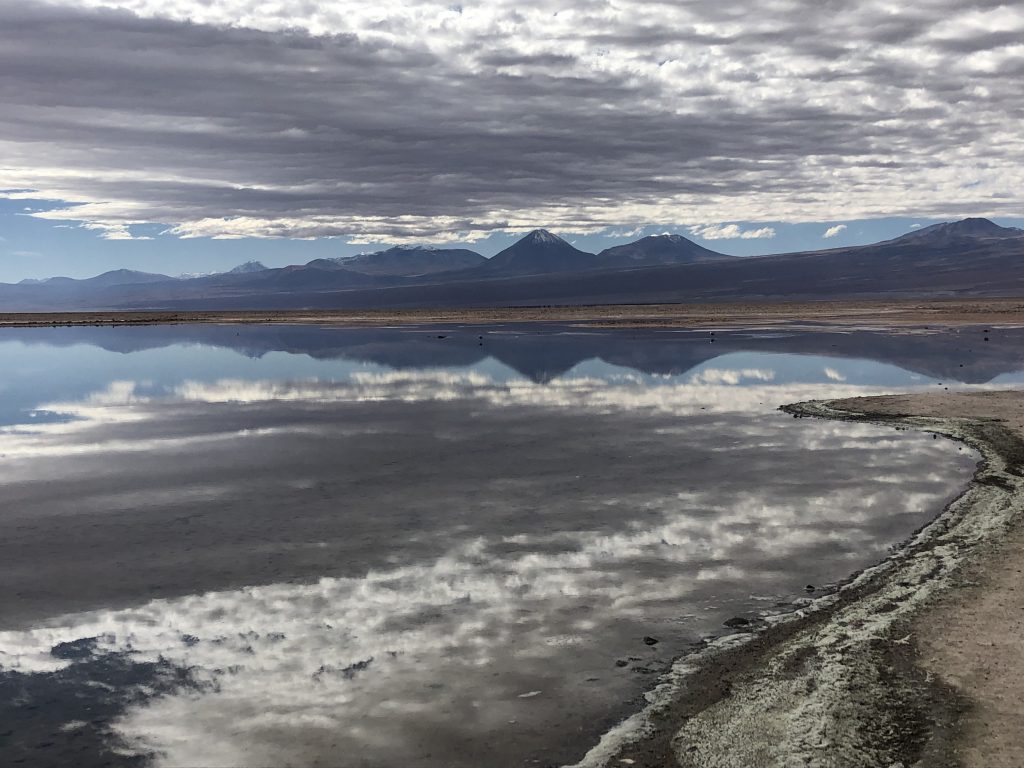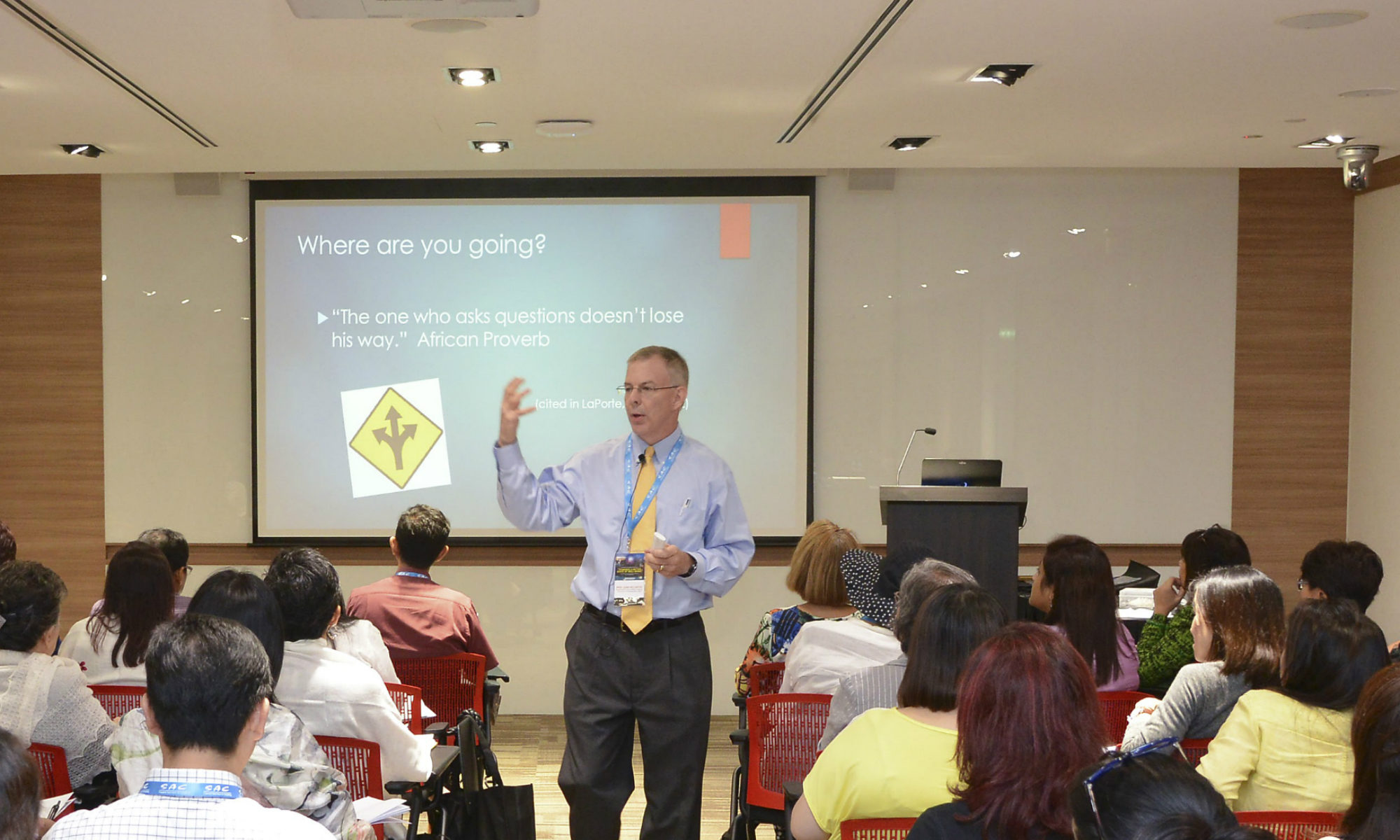
I give thanks to Charles Holland Duell quite often. Few people may know that Mr. Duell was the Commissioner of the US Patent Office from 1898-1901 and later became a federal judge. During his time as Commissioner in the Patent Office, he purportedly said, “Everything that can be invented has been invented.” [Note: Though the quote can be found in various places, I also ran across a 1981 book where the authors indicated that it has been misattributed.]
Regardless of the origin, the observation about nothing else needing to be invented is brilliant: It infers a limit to inventiveness, a completeness to what is needed, and how current innovation has delivered a sufficiency to our current state. Nothing else is needed in creativity and innovation. Simply put, we’re all set.
Imagine if that were the case. Life would, to a large extent, stay the same. Nothing new would be on the horizon in medical care, computer technology, or business manufacturing. It would make an inviting plot to a “Twilight Zone” episode.
Or would it? It could also make for a long, boring episode with no real ending.
Without creative thinking and problem-solving, society would remain stagnant. We wouldn’t be entranced by attention-grabbing headlines or television stories about the next-big-thing in whatever industry. The breaking news of innovation would be broken.
Whether college graduates today are entering engineering or medicine, architecture or environmental sustainability, the future is exciting with the problem-opportunities to be addressed in exciting, inventive ways that will no doubt result.
Imagine Mr. Duell–or another US Patent Commissioner from the late 1800s—spending a day of in a cellular, online world. Consider what it would be like giving them a tour of a business, a hospital, or even a hotel. The number of patents encasing their visit would be remarkable. New devices, innovative tools, and creative systems surround us.
At some point, someone must have hinted that innovations would be tapped. It’s a good that their forecast was wrong.
